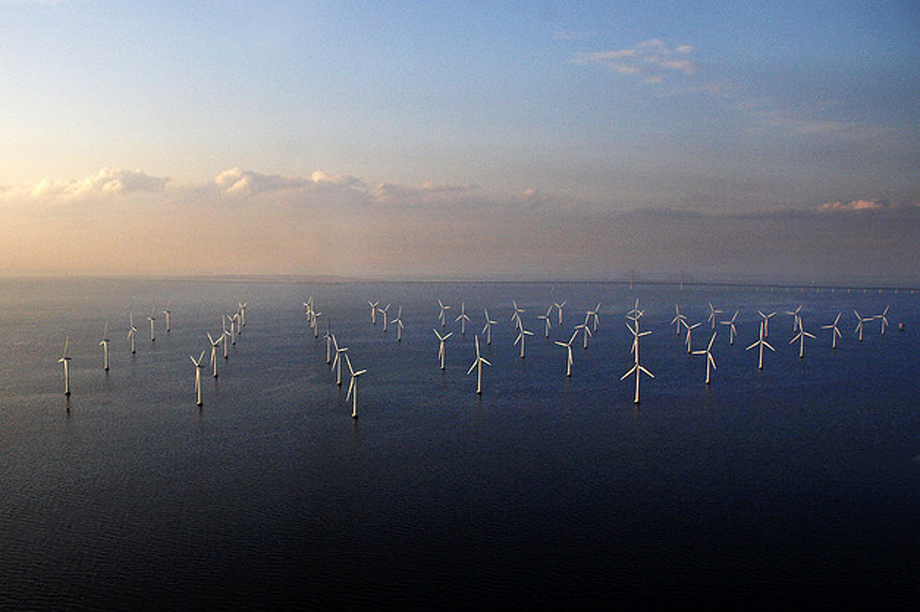The report by the Atmosphere and Energy Research Group at the university compared the performance of the 110MW Lillgrund wind farm in Swedish waters, which is arranged in a grid-like layout, to six alternative configurations
The project came online in 2007.
Six alternatives were tested under the computer model in simulations that took several weeks each to run.
The scenario where every other row of turbines was staggered offered the most effective performance according to the study.
This layout, arranged to face the prevailing wind, along with an increased distance between the rows of turbines showed the turbines performance improving by a third.
The benefit is accounted for by the lessening of the negative impact that eddies, which wind turbines create downwind as their blades spin, on the surrounding turbines.
Cristina Archer, who led the study said that considering these various factors could better inform where and how to configure future offshore wind farms.
"We have explored all these trade-offs systematically, one by one," she said.

.png)


.png)










